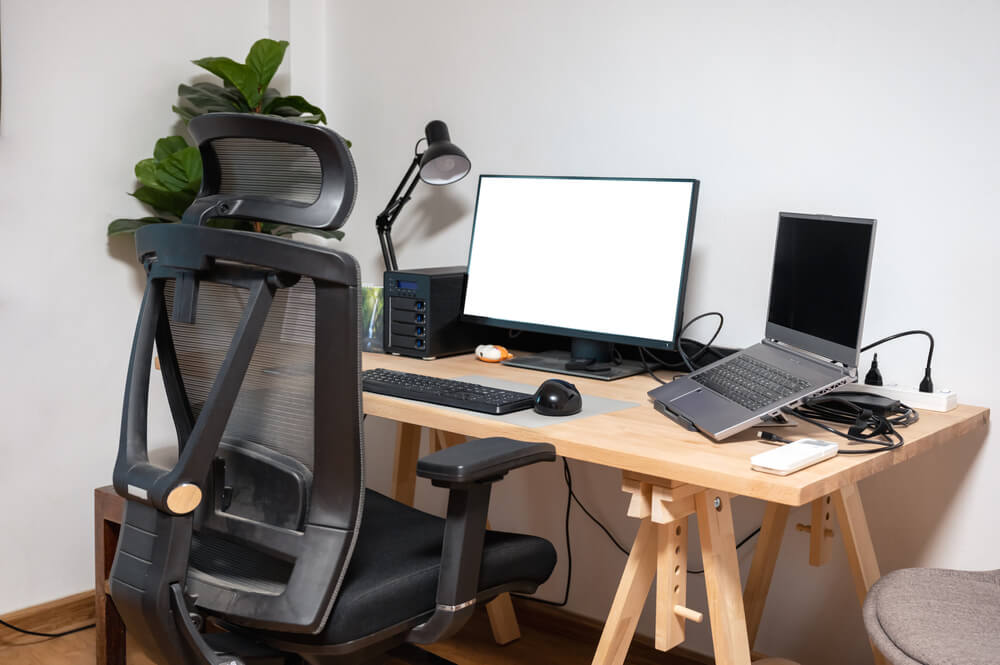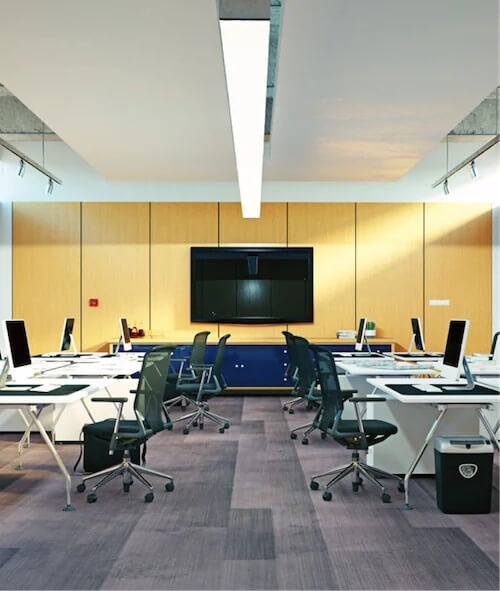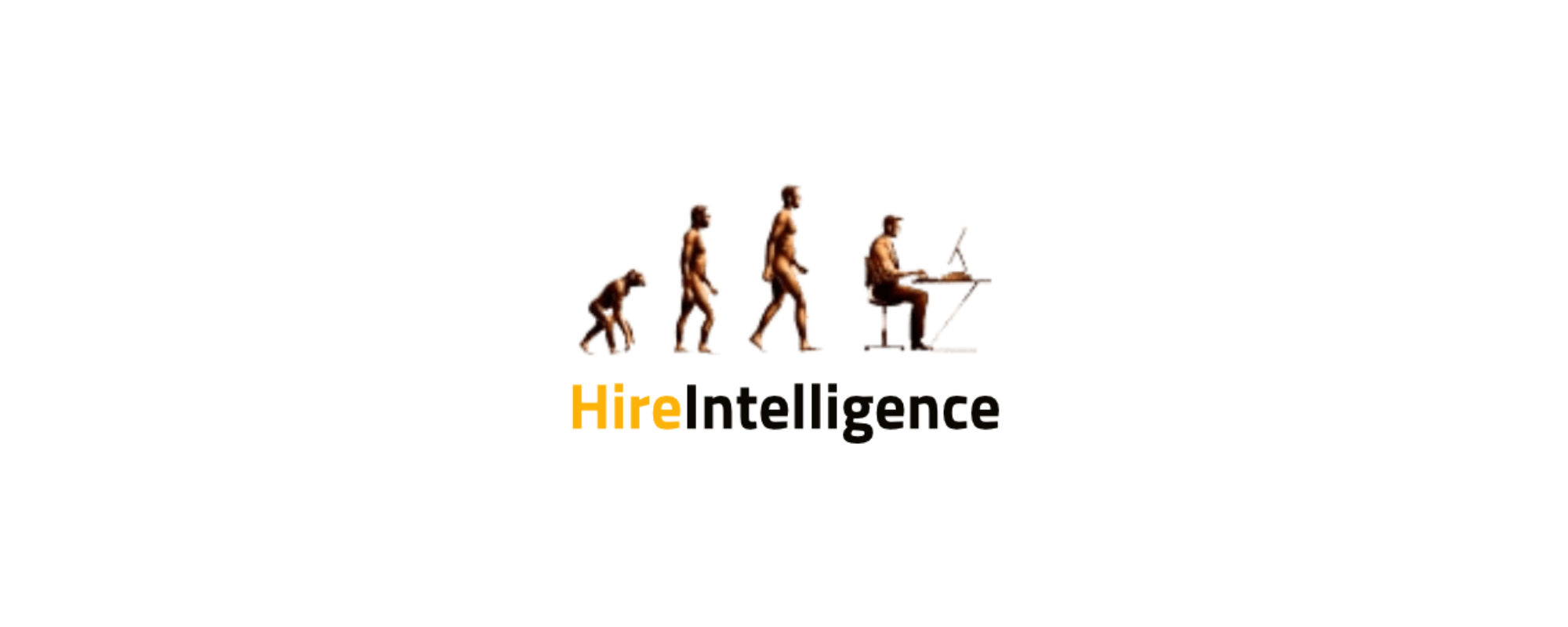Remote working is the new norm, and understanding what do remote workers need, is essential for ensuring seamless operation, sustained productivity, and a healthy working environment. Dive deep into the world of remote work with us, as we explore the essential hardware, cutting-edge software, and ergonomic setups that fuel efficiency and creativity in a home office setting. Discover the pivotal role of digital communication tools, cloud-based collaboration platforms, and specialised tech tailored for a variety of professions, all aiming to bridge the distance and enhance collaboration for your remote workforce scattered across the globe.
What Do Remote Workers Need?
A Robust Tech Stack
Digital Communication Tools
Imagine you’re a graphic designer based in Perth, but your team lead is over in Melbourne. You’re both working on an ambitious project, but you don’t have efficient ways to discuss changes. It’s a recipe for disaster, isn’t it?
With the right tools, like Slack, Zoom, and Microsoft Teams. These platforms aren’t just about sending a quick message. They’re about building company culture, facilitating employee engagement, brainstorming, and ensuring the team stays on the same page. For remote employees, it’s essential.
These tools are not merely for quick chats but are central to brainstorming, project updates, and sustaining team cohesion. When choosing a communication platform, consider its integration capabilities, ease of use, and the quality of video conferencing.
Cloud-Based Collaboration Platforms
Transferring files via emails or USBs is outdated and inefficient. Cloud solutions like Google Drive, Dropbox, and Notion have revolutionised the way teams share, comment on, and collaborate on documents. It’s all about facilitating simultaneous collaboration without the dreaded ‘file version’ confusion.
Essential Technologies for Remote Work
When dissecting “what do remote workers need” from a technological standpoint, it becomes evident that modern tech plays a pivotal role in ensuring seamless operation from afar. The tech spectrum for remote work is broad, ranging from hardware to software. Here’s a breakdown of the must-haves:
Hardware Essentials for Remote Work Need
1. High-speed Internet: It’s the backbone of remote work. A reliable, fast connection ensures video calls don’t drop, files upload in seconds, and online platforms function in real time.
2. Quality Computer: Whether it’s a desktop or laptop, it should have sufficient memory, processing speed, and storage. For those in design or video editing, powerful graphics cards and larger RAM might be prerequisites. For a cost-effective solution, consider options like MacBook rental or laptop rental.
3. External Monitors: For multitaskers or those dealing with extensive spreadsheets and design tools, an external monitor (or two!) can be game-changing, enhancing productivity.
4. Webcams and Microphones: In a remote setup, communication is key. A high-quality webcam ensures you can see your virtual teams clearly, while a good microphone ensures everyone is heard without glitches or background noise.
5. Uninterruptible Power Supply (UPS): Internet outages or sudden power cuts can disrupt workflow. A UPS ensures there’s no abrupt shutdown, offering enough time to save work and shut down the computer properly.
A short-term technology rental specialist can be an excellent solution for remote teams or freelancers who don’t want to invest in purchasing all the hardware outright but need high-quality tech for certain projects or durations. Options like phone rental, MacBook rental, and laptop rental can provide the necessary flexibility.
Software Solutions
1. Virtual Private Network (VPN): Cybersecurity should never be compromised. VPNs provide a secure connection, ensuring data integrity and safety from potential hackers.
2. Task Management Tools: Apps like Trello, Asana, or Monday.com allow teams to organise tasks, set deadlines, and track progress.
3. Time Management and Tracking: Especially vital for teams that bill by the hour or wish to monitor productivity. Tools like Harvest or Toggl can be useful.
4. Secure File Sharing: We mentioned Google Drive and Dropbox earlier, but it’s worth noting encrypted options like Tresorit, ensuring data privacy when sharing sensitive information.
5. Collaboration Platforms: Beyond standard editing tools, platforms like Miro offer virtual whiteboards for brainstorming, while Figma and InVision are must-haves for design collaboration.
6. Automation Tools: Technologies like Zapier can be a boon for remote workers, automating repetitive tasks and integrating different apps for smoother workflows.
Specialised Tech for Various Professions
1. Developers: Integrated Development Environments (IDEs) like Visual Studio Code or IntelliJ IDEA, version control systems like Git, and platforms like GitHub or Bitbucket.
2. Designers: High-end software such as Adobe Creative Cloud Suite, which includes Photoshop, Illustrator, and After Effects, or alternatives like CorelDRAW and GIMP.
3. Writers and Editors: Grammar checkers like Grammarly, plagiarism check tools, and content management systems (CMS) like WordPress.
4. Data Analysts: Tools like Tableau, Python or R for data processing, and SQL for database management.
In essence, as the world tilts more towards remote work, technology becomes the bridge connecting disparate team members. While the above list is extensive, it’s by no means exhaustive. The perfect tech stack often depends on the unique requirements of the team and the nature of the work. But at its core, the aim remains the same: to facilitate easy communication, collaboration, and productivity, no matter the distance.
The Perfect Work Environment
An Ergonomic Setup
Let’s visualise Sarah. She’s a dedicated content writer, tapping away at her keyboard from her couch, legs up on the coffee table. It might seem cosy, but three months down the line, she complains of backaches and wrist strains.
What do remote workers need? Ergonomic furniture. This means an adjustable chair, a spacious or standing desk, and tools like monitor stands and keyboard pads. Investing in ergonomic setups is not a luxury; it’s a necessity.
Ambient Environment
The sound of blaring car horns or a constant hum from the construction site nearby can be disconcerting. Remote workers benefit from a quiet environment with soft ambient lighting. Think of plants, calming wall colours, and noise-cancelling headphones. It’s about curating an environment that fosters focus. Your and your remote team members’ mental health is important, and an ambient environment can help to improve morale and productivity.
Give your remote workers what they need to excel
Every remote worker is different, with unique roles, responsibilities, and requirements. As the dynamics of the workplace continue to evolve, ensuring your remote team has everything they need to work efficiently, communicate effectively, and stay productive is paramount. The intricate tapestry of their needs includes not just high-end tech tools and software but also a comfortable and conducive work environment.
At Hire Intelligence, we understand that equipping your remote workforce with everything they need to succeed shouldn’t be a cumbersome or expensive task. This is why we offer comprehensive and affordable rental solutions that cater to all the technological needs of your remote team. Ensure your team has access to the latest and most efficient hardware and software without the hefty price tag.
Connect with Hire Intelligence and explore our wide range of work-from-home rental technology today!












